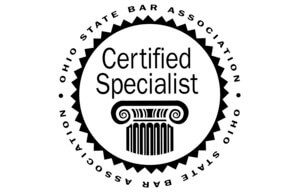Offshore Asset Protection Trust
/Because malpractice and liability insurance costs are so high -- and lawsuits so common -- some people have turned to offshore asset protection trusts as a way to protect their assets and still keep control. (Recently, several states including Alaska, Delaware and Utah have changed their laws and now allow similar trusts here in the U.S. These trusts, called domestic asset protection trusts, operate differently from the offshore trusts described here.)
Those who are at a higher risk include lawyers, doctors, architects, entrepreneurs, contractors, property developers and accountants.
Offshore asset protection trusts are created under the laws of a foreign country (often the Isle of Man, Cayman Islands, or the Cook Islands) that does not enforce the judgments of other countries.
A common way to set up one of these trusts is to transfer your assets to a limited partnership. As the general partner, you could keep only 1% of the shares, but full control. The other 99% of the shares would be transferred to the foreign trust. Your assets, however, do not have to leave the country until they are actually threatened. Even so, to be on the safe side, your attorney may suggest that you transfer your assets now to your offshore trustee.
If you are sued in this country and a judgment is awarded, it has no effect in the country where title of your assets is held (in your foreign trust). The case would have to be retried in the foreign country. But first a local attorney would have to be hired and the witnesses would have to go there to convince the court to even accept jurisdiction over the case, which is usually a good deterrent.
An asset protection trust cannot be set up after someone has filed suit against you or if a lawsuit is imminent. That would be considered a fraudulent transfer. So it must be set up before then.
Also, an offshore asset protection trust does not affect your taxes. You would still pay income, gift and estate taxes as you do now. But it can potentially save money by reducing the need for insurance. Eliminating your insurance "deep pockets" and having your assets held by a foreign trust can go a long way toward discouraging lawsuits.
Of course, an offshore asset protection trust is not without risk. It is subject to foreign rules, which can change at any time. Also, a foreign trustee must be involved.





